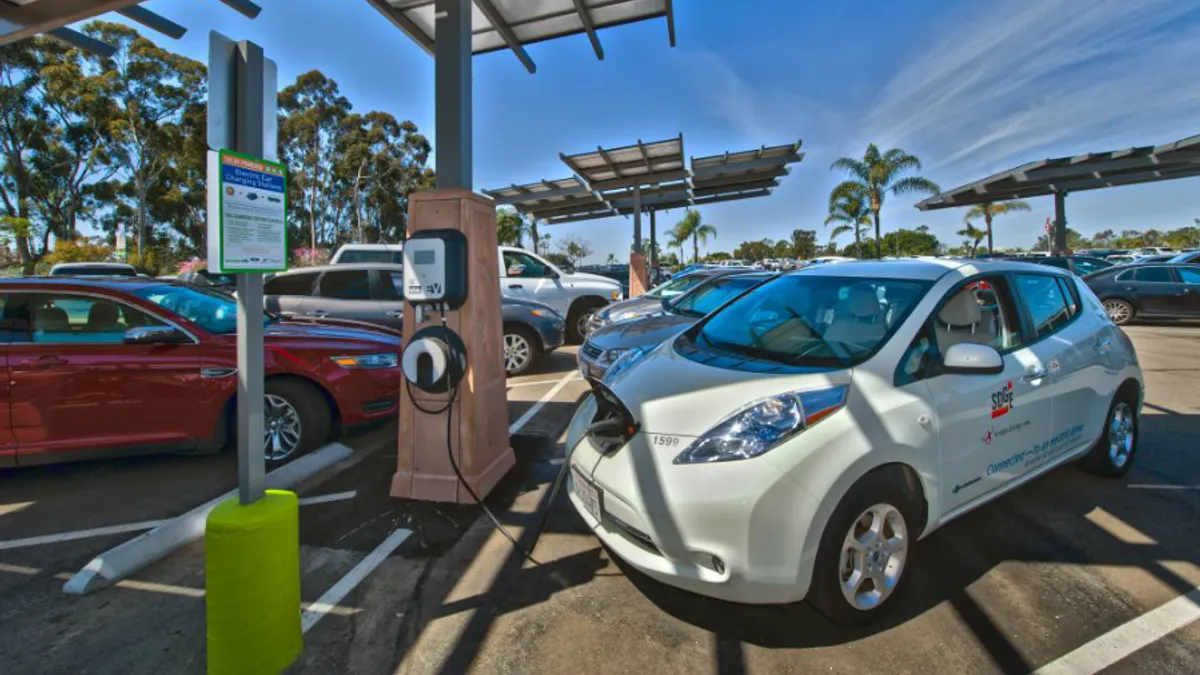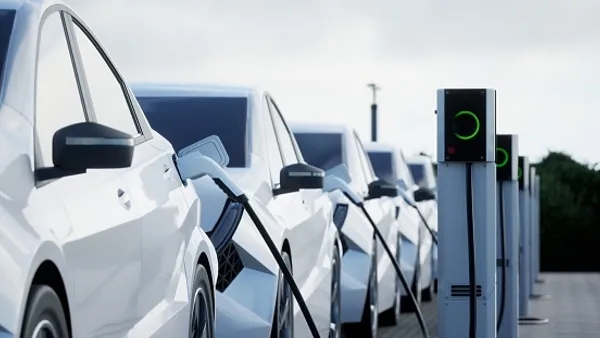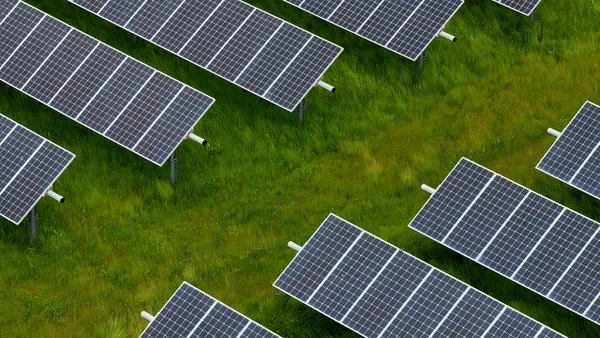Dive Brief:
- Pacific Northwest electricity and natural gas provider Avista Utilities has asked the Washington Utilities and Transportation Commission to approve a two-year pilot program to install 265 charging stations for electric cars in eastern Washington state, the Associated Press reports.
- Avista estimates the program to put level two and three fast charging stations in 120 homes, 100 work places, and 45 public locations will cost about $3.1 million. Its commission filing says the utility can begin installation in May and that the program offers environmental benefits and fuel cost savings.
- Washington state has about 12,000 registered electric vehicles but its Electric Vehicle Action Plan lays out thirteen actions to get to 50,000 electric vehicles in the state by 2020. They include five actions to stimulate sales and six actions to expand the presence of charging stations.
Dive Insight:
Specific locations for Avista’s charging stations are not yet settled but seven would be level three fast chargers that can recharge an EV’s battery in 15 to 20 minutes. It takes 8 to 12 hours to charge a vehicle for a range of 60 miles to 100 miles using a typical home wall outlet.
The request from Avista comes as utilities across the nation are building out EV charging stations for customers of all sizes. In a Utility Dive survey of more than 500 utility professionals from across the nation completed earlier this year, 52% of respondents indicated their utility was pursuing electric vehicle charging stations as an emerging revenue stream.
The popularity of EV chargers was especially prevalent in the West, where each of California's "big three" investor-owned utilities are pushing pilot programs for their deployment. Regulators approved proposals for thousands of charging stations from both Southern California Edison and San Diego Gas & Electric earlier this year. The PUC is still considering a proposal from Pacific Gas and Electric after they rejected an ambitious buildout plan last September, saying the utility should have included a pilot phase.
EV chargers are popular among utilities due to their potential to facilitate a new source of electricity demand in electric cars. Last year, Tesla Motors CEO Elon Musk told a crowd of utility professionals at an Edison Electric Institute conference that the electrification of the transportation sector could double electricity demand in coming decades.














